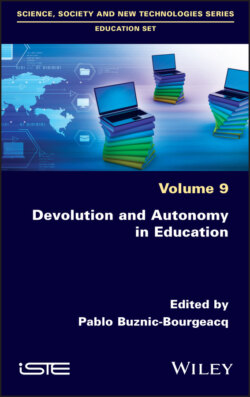Читать книгу Devolution and Autonomy in Education - Группа авторов - Страница 7
Some observations on the didactics of mathematics and theory of didactical situations
ОглавлениеThe term “didactics” refers to many points of view that depend on the history of research communities in different disciplinary didactics. In didactics of mathematics, a broad anthropological point of view prevails (Sarrazy 2005), which is reflected, for example, in the following definitions:
[…] the didactics of mathematics [is] the science of studying and helping to study (questions of) mathematics (Bosch and Chevallard 1999, p. 79).
It is the science of the specific conditions regarding the diffusion of mathematical knowledge necessary for human occupations (broad sense) (Brousseau 2003, p. 2).
Both of these definitions consider the didactics of mathematics a “normal” science (Kuhn 1970) that includes both foundational and applied research (International Council for Science 2004). Its object of study is specified, and it specifically concerns mathematics; however nothing refers to school or teaching, which represent institutional and historical choices concerning only part of the diffusion of mathematical knowledge or the study of it. In the continuation of the previous quotation, Brousseau, when he specifies the “restricted meaning”, indicates a “teaching” institution but assigns to it a meaning that is not necessarily that conferred on it by contemporary usage (employee in national education).
The didactics of mathematics deals (in a restricted sense) with the conditions where an institution considered a “teaching” institution attempts (mandated if necessary by another institution) to modify the knowledge of another “taught” institution when the latter is not able to do so autonomously and does not necessarily feel the need to do so. A didactic project is a social project to enable a subject or an institution to appropriate knowledge that has been or is in the process of being created. Teaching includes all the actions that seek to achieve this didactic project (Brousseau 2003, p. 2).
In this quotation, a very important point that will be developed is that the “taught institution” does not necessarily feel the need to change its knowledge and is not able to do so autonomously. As I am only interested here in one teaching institution, the school, I will speak of students and teachers.
